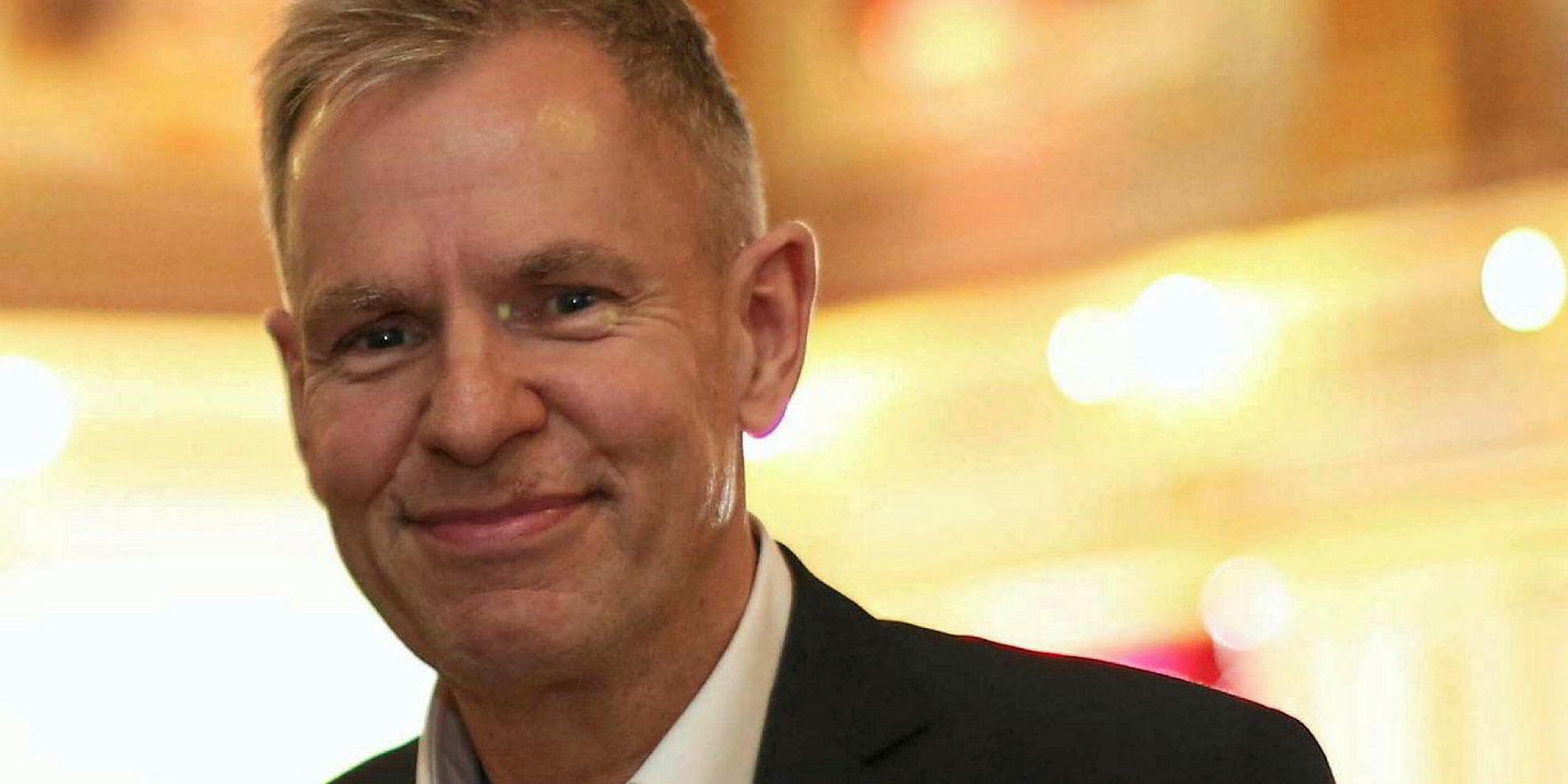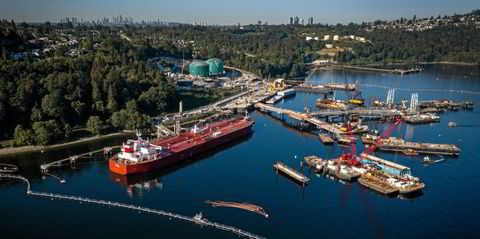As if British Prime Minister Theresa May has not got enough on her plate with Brexit, she has had to deal with a huge row over some of her male ministers and parliamentary colleagues being mired in sex scandals.
The brouhaha over male power has in effect come sweeping over the Atlantic — a fallout from the Harvey Weinstein scandal in Hollywood.
Now people are not just wondering how male moguls such as Weinstein used their personal power in relations with women. They are scrutinising how male politicians in Westminster were pestering and abusing women staffers. And we know some of this stuff has been going on in Washington DC because Donald Trump once boasted about how “you can do anything” with women.
There is no reason to believe this is unique to politics or the film industry. It is at play in almost every workplace to a greater or lesser extent.
And industries such as shipping, which have been traditionally dominated by men, could be worse than some others because of an in-built culture of male power and privilege. I am more than aware that I — as a male shipping journalist — may be a beneficiary of this old boy system too.
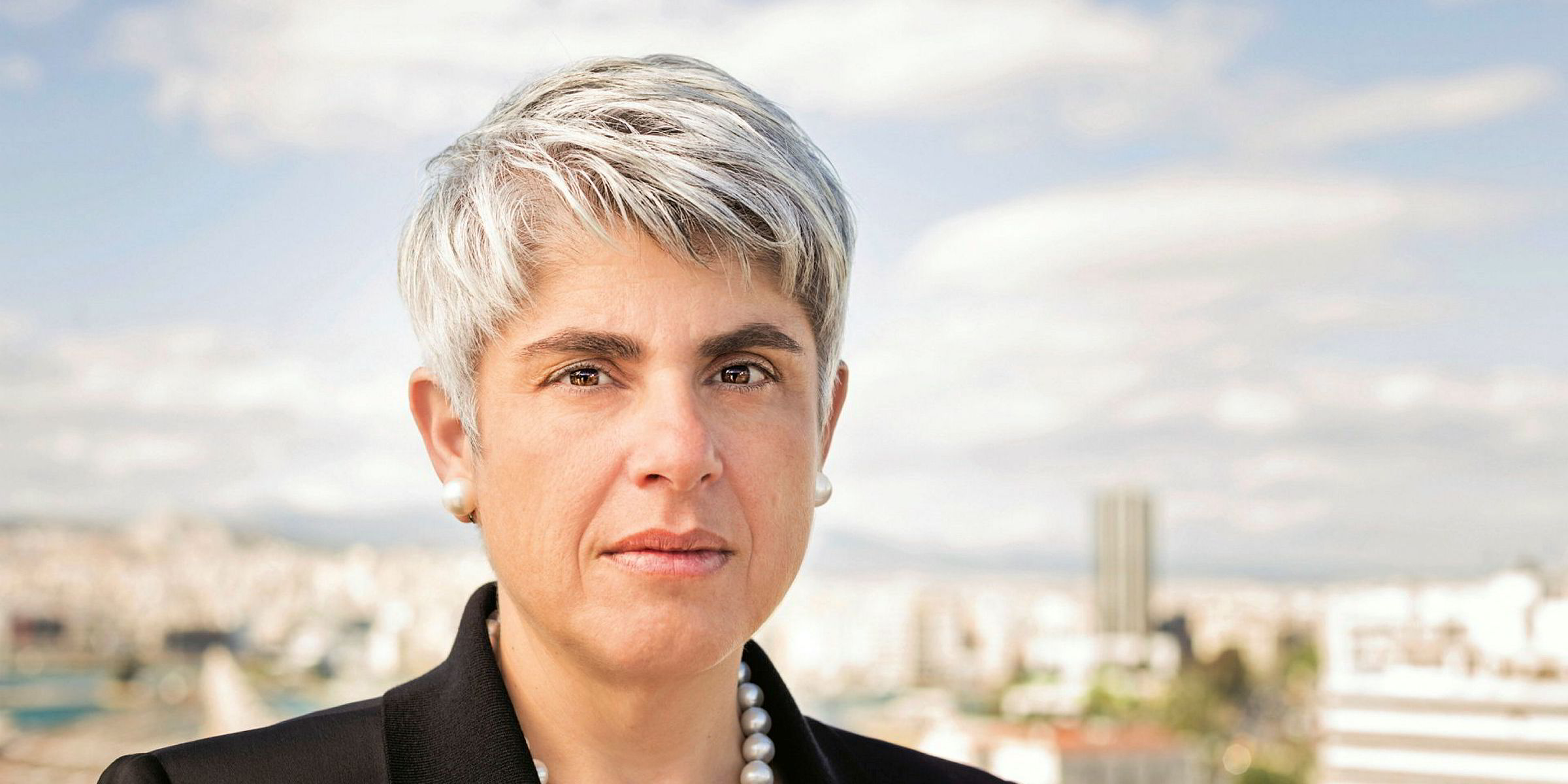
I can remember young female reporter colleagues in my early days complaining bitterly about interviewees making inappropriate suggestions to them.
There is certainly a growing number of very successful women in the industry, such as Anette S Olsen (my ultimate boss, as she chairs NHST Media Group, which owns TradeWinds, as well as being a key part of the Olsen maritime empire), Elisabeth Grieg of Grieg International and Angeliki Frangou of the Navios group of companies.
You will note that those mentioned have more than proved their commercial acumen but they do come from celebrated shipping families — although there are others without family connections, such as International Seaways chief executive Lois Zabrocky and Carol Howle, who has just taken over as chief executive of BP Shipping from another female, Susan Dio.
However, if you are a complete outsider, it may be harder as a woman to get in the door and be taken seriously at a senior level in the industry.
There is also a Women's International Shipping & Trading Association (WISTA), which is great. But some in the industry noted that even a WISTA panel discussion at London International Shipping Week (LISW) had no females on the podium.
Certainly the boards of newer and stock-listed shipping companies are thin on female board members in the main. Earlier this year, TradeWinds' calculations estimated that as few as 12% of shipping company boards have women on them — and it was 4% in Japan.
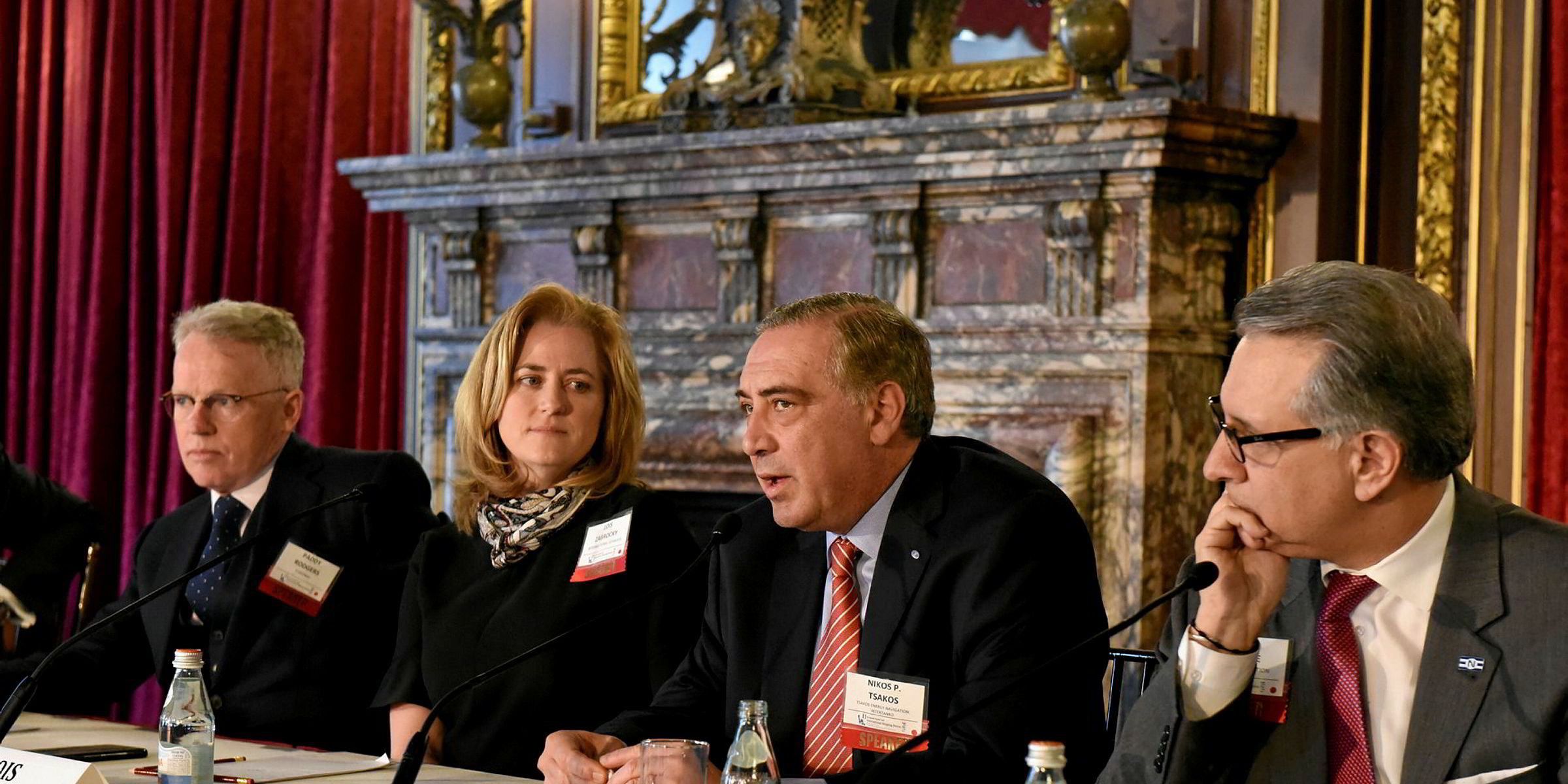
The International Chamber of Shipping has 29 chairmen and board members — but one woman.
Bimco, Baltic and the IMO are all run by men at the very top, while Clarksons has eight board members, with one woman (appointed this year).
Go to most maritime conferences and you will find the podium still dominated by men. Yet women, if they are represented — such as European Commission director of waterborne transport Magda Kopczynska, who spoke at the Shipping and Law conference in Naples recently — almost always seem to bring a refreshingly different tone, if not view and perspective.
What will change the industry to make this more common? Well, the whole row around Weinstein and in Westminster will hopefully be a turning point in making us males much more sensitive to gender issues.
In the past, major cultural changes were brought about by emergencies such as World War II when women were needed in the industrial workplace to make ammunition.
Could the struggle to tackle global warming be one such event?
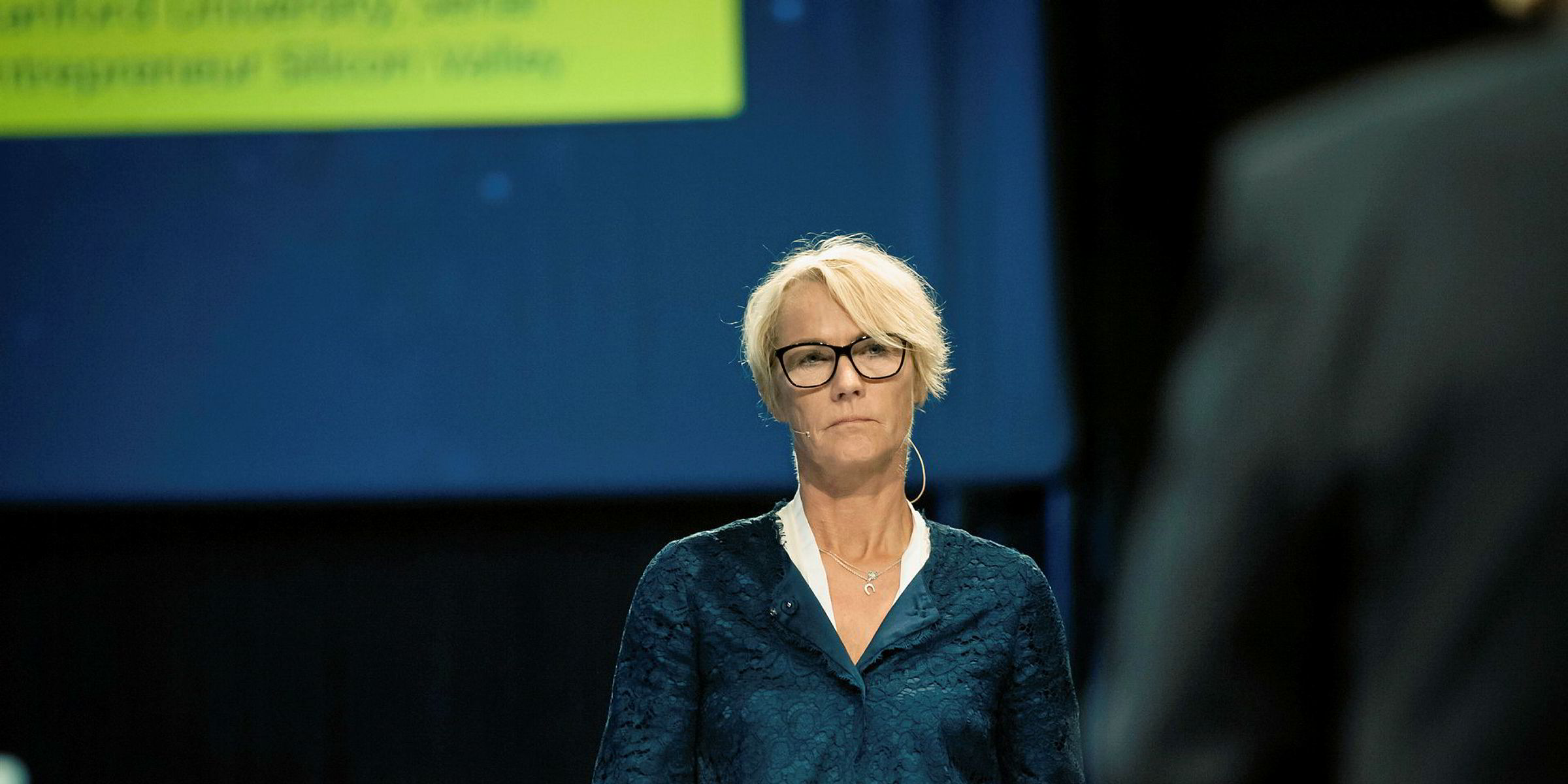
The relatively new renewable power sector seems to have been more welcoming to women.
The Floating Offshore Wind conference, which starts in Glasgow on 14 November, will have a significant female presence on the podium. Six of the 21 scheduled speakers are women, including Scottish Renewables chief executive Claire Mack, Trident Winds founder Alla Weinstein and Louise Jacobsen of Siemens Gamesa Renewable Energy.
In contrast with Glasgow, there were only three of 20 women listed as contributors on the first day of Nor-Shipping in June — and that is in Norway, which historically has been much quicker off the mark to celebrate gender equality.
LISW had two women listed out of 15 “conference speakers”. One, admittedly, was the excellent Inga Beale, who smashed the glass ceiling at Lloyd’s of London to become the first women chief executive in the marine insurance market’s 328-year history.
That is certainly progress but an industry desperate to modernise and find new ideas for the 21st century should put more time and energy into promoting gender equality. It is not a liberal do-good thing, it is a sound commercial thing.
